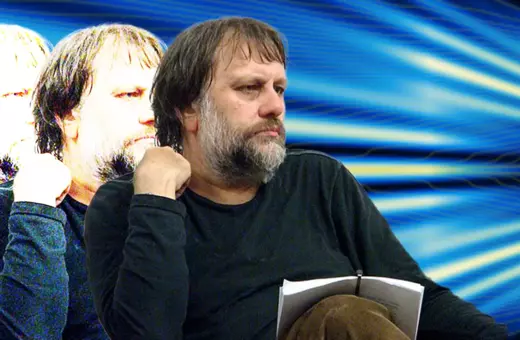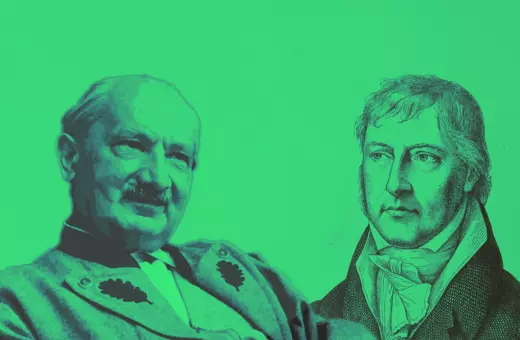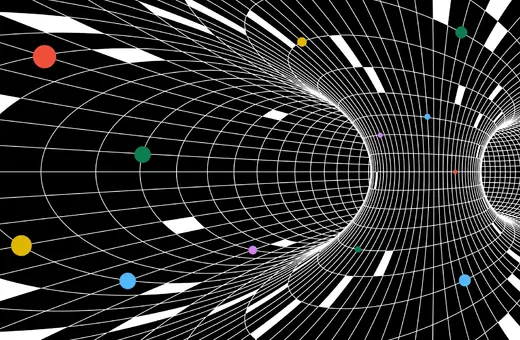This is the 8th instalment in our series The Return of Metaphysics, in partnership with the Essentia Foundation.
Read the previous articles of The Return of Metaphysics series.
What defined much of 20th-century philosophy was an attempt to overcome metaphysics and replace it with science. But those attempts failed. From the Logical Positivists and Wittgenstein to Derrida and Heidegger, metaphysics found its way back into the very theories that were trying to get rid of it. But even if metaphysics is inescapable, we cannot simply return to speculative theorising about the ultimate nature of reality. Instead, we need to recognise that all theories have limits and are merely attempts to find better ways to navigate our way in the world, not to discover “the mind of God”, argues Hilary Lawson.
For much of the twentieth century, metaphysics has been deeply out of fashion, derided as the unfounded beliefs and prejudices of a pre-scientific era. But metaphysics is back. Both in the writings of philosophers and implicitly in culture more generally. It is a phenomenon we should take seriously, but it is not one that we can casually endorse. To find a way forward, we need to rethink the very nature of metaphysics, and what it is to have an overall framework of belief.
We can perhaps account for the fall of metaphysics from its highpoint in the nineteenth century and its more recent return as indicative of a more general long term historical shift in our framework of belief. An avalanche of technological breakthroughs and the remarkable impact of science in the first half of the twentieth century, cars, planes, electricity, and, more darkly, atomic power, led to a consistent and accelerating decline in religious belief. So that both intellectual and popular culture has come to look to science for the answers to almost all questions: be it the solution to Covid, a new anti-ageing cream, the origin of the universe, or the nature of consciousness. In this sense, science is the philosophy of our time, the framework through which we see the world.
 SUGGESTED READING
There is no escaping metaphysics
By Robert Stern
SUGGESTED READING
There is no escaping metaphysics
By Robert Stern
Yet in recent decades there are clear signs that the tide is turning. While formal religious belief dwindles ever more rapidly, there is now also an increasing scepticism towards science and technology. Science is seen to have an agenda and not necessarily one that all wish to endorse. Perhaps the origin of this more recent scepticism can be attributed to the recognition of the importance of perspective which has moved beyond academic life and has invaded culture as a whole. For whatever reason, we can perhaps already begin to catch sight of the passing of the highpoint of scientific belief. But where do we go from here, given that for many a retreat to religion or the dogmatic metaphysical philosophies of the past is not a desirable or attractive option?
If we are to find a way forward, we must first have a better sense of the motivations that led to the abandonment of nineteenth-century metaphysics, and why the central strategy of philosophy’s twentieth-century critiques proved unsuccessful.
The Attempt to Eradicate Metaphysics





















Join the conversation